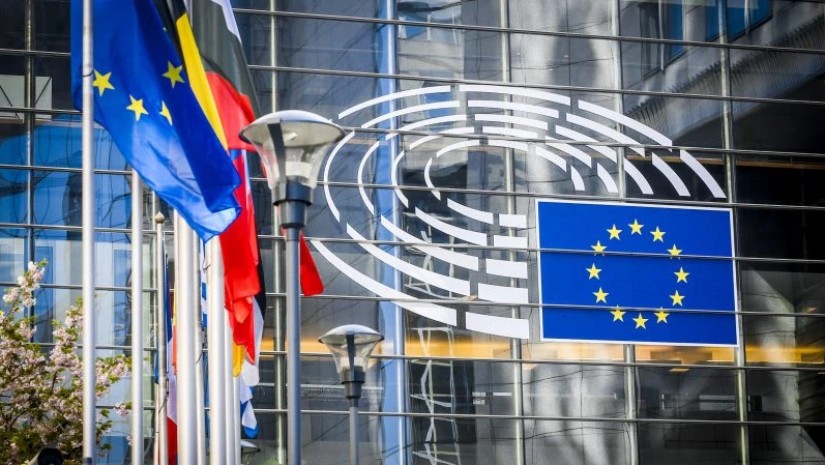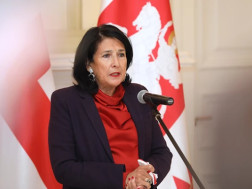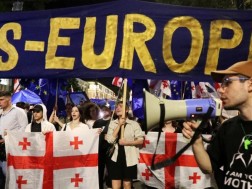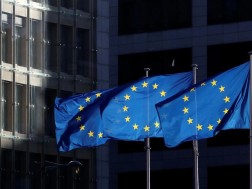Members of the European Parliament issue a joint statement on the restoration of the law On "Foreign Agents" in Georgia.
“We, the undersigned Members of the European Parliament, deeply regret the intention of the ruling Georgian Dream party to reintroduce the law on “foreign agents”, which was strongly rejected by Georgian society in massive protests last year.
Georgia was granted EU candidate status in December 2023 on the condition that the relevant steps identified by the Commission were taken.
The proposed law on “foreign agents”, also known as the law on “transparency of foreign influence”, violates at least two of these steps: Step 9, which calls for civil society to be involved in legislative and policy-making processes and to operate freely, and Step 1, which calls for the fight against disinformation against the EU and its values.
The law on “foreign agents” or “transparency of foreign influence” is incompatible with EU values and democratic principles and runs against Georgia’s ambitions for EU membership. We urge the Georgian authorities to follow EU practices on transparency and accountability of civil society organisations, including the media, rather than those of Russia and other authoritarian states, which aim to control, repress and ultimately dissolve civil society and free media.
The EU provides on average over €100 million a year in technical and financial assistance to Georgia. Our assistance is focused on helping Georgia implement key pro-European reforms, including improving the lives of the Georgian people, supporting businesses, promoting economic development, building infrastructure and ensuring quality public services. The law on “foreign agents” or “transparency of foreign influence” would label Georgian civil society actors as “foreign agents” and “enemies of the state” if they received similar EU funding as the Georgian government for similar activities.
We call on the Georgian leadership to maintain their pledge of last year and not to reintroduce the “foreign agents” law and instead to invest in an inclusive relationship with Georgian civil society, which has proven to be instrumental in monitoring and supporting the implementation of reforms that would lead to Georgia’s integration into the European Union.
We also call on the European Commission to monitor whether such decisions by the Georgian authorities are consistent with the status of a candidate country and to provide an assessment in a timely manner. We understand and support the fact that in case of a regressive process of Georgia’s accession to the EU, the European Commission might have to return to the initial positions of the enlargement process.
Georgia belongs in the European Union and this can only be achieved by adhering to EU values and democratic principles, including a vibrant civil society.”
Petras Auštrevičius, Renew Europe, Lithuania
Miriam Lexmann, EPP, Slovakia
Sven Mikser, S&D, Estonia
Viola von Cramon-Taubadel, Greens/EFA, Germany
Anna Fotyga, ECR, Poland
Andrius Kubilius, EPP, Lithuania
Karin Karlsbro, Renew Europe, Sweden
François Thiollet, Greens/EFA, France
Katalin Cseh, Renew Europe, Hungary
Anna Júlia Donáth, Renew Europe, Hungary
Andrey Kovatchev, EPP, Bulgaria
Hilde Vautmans, Renew Europe, Belgium
Michaela Šojdrová, EPP, Czechia
Michael Gahler, EPP, Germany
Reinhard Bütikofer, Greens/EFA, Germany
Ramona Strugariu, Renew Europe, Romania
Jozef Mihál, Renew Europe, Slovakia
Marek Paweł Balt, S&D, Poland
Rasa Juknevičienė, EPP, Lithuania
Attila Ara-Kovács, S&D, Hungary
Nacho Sánchez Amor, S&D, Spain
Isabel Santos, S&D, Portugal


















